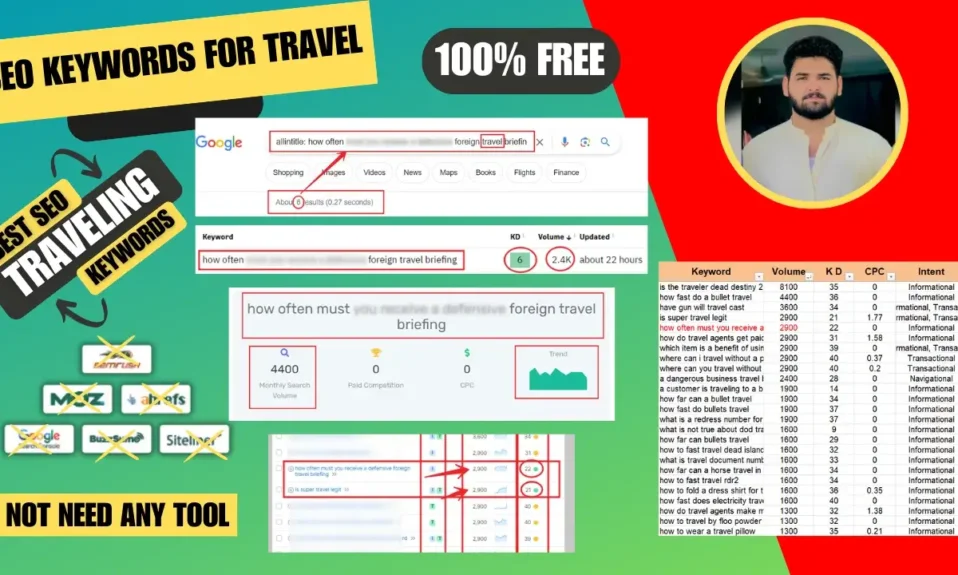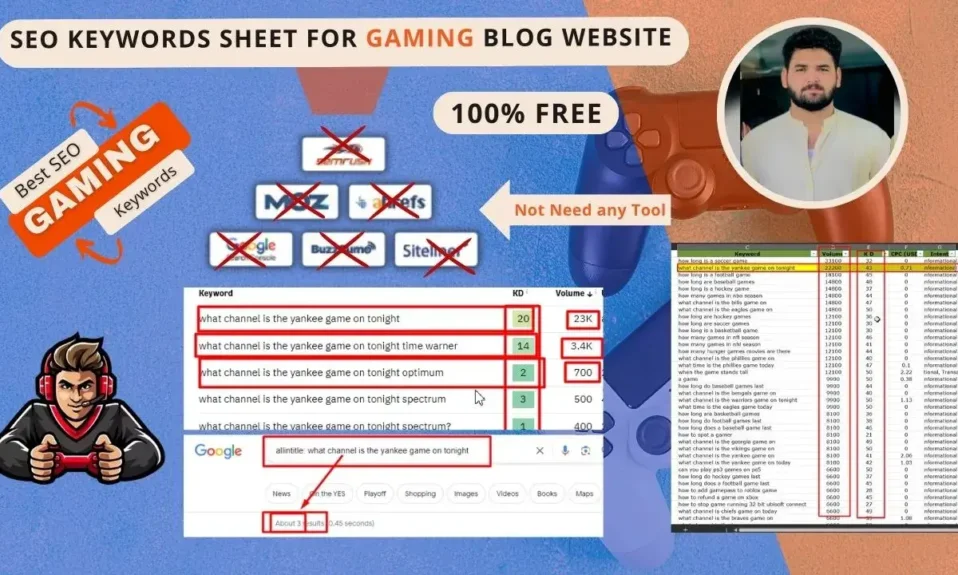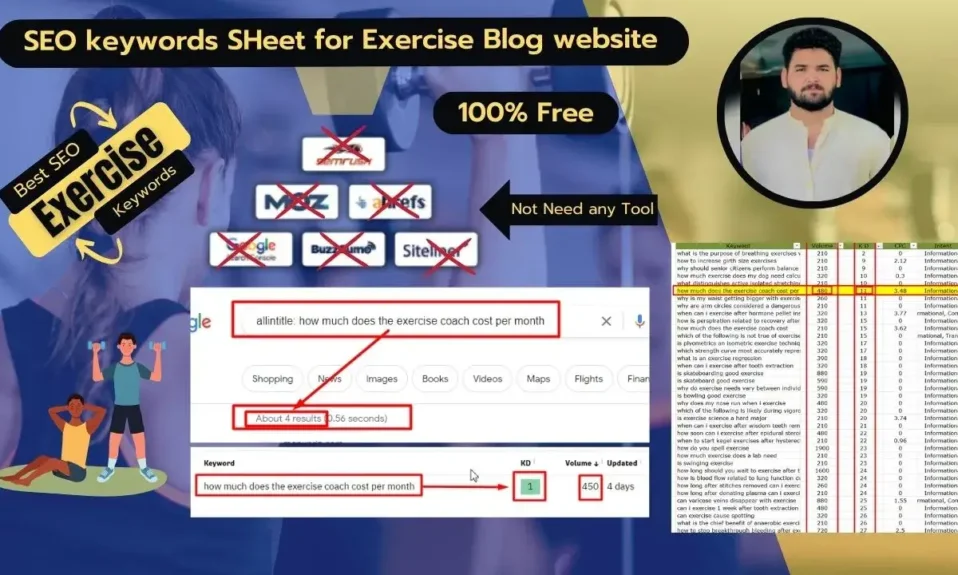
Understanding the Importance of SEO for Travel Businesses
In today’s digital age, having a strong online presence is crucial for businesses, especially in the competitive travel industry. Search Engine Optimization (SEO) plays a pivotal role in ensuring that travel agencies and blogs can effectively reach their target audience and drive sales. By optimizing their websites and content, travel businesses can enhance their visibility on search engines, increase organic traffic, and ultimately boost conversions.
How SEO Can Drive Sales for Travel Agencies and Blogs
SEO acts as a powerful catalyst for driving sales in the travel industry. When potential travelers search for destinations, accommodations, or travel tips, they are more likely to click on the top search results. By securing higher rankings on search engine result pages (SERPs), travel agencies and blogs can attract a larger audience and increase the chances of converting visitors into paying customers. Moreover, SEO enables businesses to target specific keywords and phrases relevant to their offerings, ensuring they reach the right audience at the right time.
Setting SEO Goals for Your Travel Website
To harness the full potential of SEO, travel businesses must begin by establishing clear and measurable objectives. These goals should align with the overall business strategy and focus on improving specific aspects of the website’s performance. For instance, objectives could include increasing organic traffic by a certain percentage, boosting the number of leads generated through the website, or achieving higher rankings for target keywords. By setting concrete goals, businesses can track their progress and make data-driven decisions to optimize their SEO efforts.
Defining Clear and Measurable Objectives
When defining SEO goals, it’s essential to be specific and realistic. Vague objectives may lead to ambiguous results and hinder progress. Instead, travel businesses should set clear targets that align with their broader marketing and business goals. For example, aiming to increase organic traffic by 30% in the next six months or improving the website’s conversion rate by 2% can provide clear direction for SEO strategies.
Identifying Key Performance Indicators (KPIs) for Success
Key Performance Indicators (KPIs) serve as quantifiable metrics to measure the success of SEO efforts. Travel businesses should identify KPIs that directly relate to their defined objectives. Common SEO KPIs include organic traffic growth, keyword rankings, bounce rate, average session duration, and conversion rates. Regularly monitoring these KPIs allows businesses to gauge the effectiveness of their SEO strategies and make adjustments when necessary.
SEO Keywords for Travel Agency Websites
Keywords are the foundation of successful SEO for travel agencies. Identifying and targeting the right keywords can significantly impact the website’s visibility and relevance on search engines. By understanding how travelers search for information and services, travel agencies can optimize their content to match those queries effectively.
Conducting Keyword Research for the Travel Industry
Keyword research involves discovering the most relevant and valuable keywords for a travel agency’s target audience. Tools like Google Keyword Planner, SEMrush, or Ahrefs can help in identifying high-volume keywords related to travel services, destinations, and customer pain points. Additionally, long-tail keywords, which are longer and more specific phrases, can be valuable for capturing niche audiences with higher conversion potential.
Top Performing Keywords for Travel Agencies
Identifying the top-performing keywords in the travel industry is essential for outranking competitors and gaining visibility. These keywords are typically high in search volume and competition, making them more challenging to rank for. However, by focusing on content optimization, building high-quality backlinks, and leveraging other SEO strategies, travel agencies can improve their chances of ranking well for these valuable keywords.
Long-Tail Keywords for Targeting Niche Audiences
In addition to targeting broad keywords, travel agencies should prioritize long-tail keywords to cater to specific niche audiences. For example, phrases like “luxury eco-resorts in Costa Rica” or “family-friendly cruises to Alaska” cater to travelers with specific preferences and intentions. Ranking for long-tail keywords can lead to higher conversion rates as it attracts users with precise search intent.
SEO Keywords for Travel Blogs
For travel blogs, SEO keywords are essential for attracting organic traffic, engaging readers, and building a loyal audience. By incorporating the right keywords into blog content, travel bloggers can position themselves as authorities in their niche and gain visibility on search engines.
Choosing Relevant and Engaging Blog Keywords
Travel bloggers should select keywords that align with their blog’s niche and content themes. It’s crucial to research trending topics and popular search queries related to travel to identify keywords that have a high search volume and are likely to attract readers. Using tools like Google Trends and Buzzsumo can help bloggers discover popular topics and keywords that resonate with their target audience.
Utilizing Trending Keywords in Travel Blogging
Staying up-to-date with the latest travel trends and incorporating relevant keywords into blog content can enhance the blog’s relevance and visibility. By covering trending topics and incorporating related keywords, travel bloggers can attract more readers and increase their blog’s overall authority in the eyes of search engines.
Optimizing Blog Content for Search Engines
Properly optimizing blog content is essential for ensuring it ranks well on search engines. Travel bloggers should strategically include target keywords in blog titles, meta descriptions, headers, and throughout the content. However, it’s crucial to strike a balance and avoid overstuffing keywords, as this can harm the blog’s search rankings.
SEO Recommendations for Travel Websites
Beyond keyword optimization, there are several other crucial SEO recommendations that can elevate the performance of travel websites. These recommendations focus on improving user experience, increasing engagement, and encouraging conversions.
Improving Website User Experience (UX)
A seamless and enjoyable user experience is fundamental to retaining visitors and encouraging them to explore the website further. Travel websites should have a clean and intuitive design, easy navigation, and quick-loading pages. Mobile responsiveness is also vital, as many travelers browse websites on their smartphones or tablets while on the go.
Leveraging High-Quality Visual Content
High-quality images and videos can evoke emotion and inspire wanderlust in potential travelers. Travel websites should invest in visually appealing content that showcases destinations, accommodations, and experiences. Properly optimizing visual content with alt tags and descriptive filenames can also contribute to improved SEO.
Creating Compelling Calls-to-Action (CTAs)
Clear and persuasive Calls-to-Action (CTAs) can guide website visitors towards the desired actions, such as booking a trip, signing up for a newsletter, or requesting more information. Well-designed CTAs should be strategically placed throughout the website to encourage conversions.
SEO Tips for Travel Businesses
Implementing specific SEO tips can give travel businesses a competitive edge and improve their online visibility. These tips focus on various aspects of SEO, from technical optimizations to content marketing strategies.
Mobile Optimization for On-the-Go Travelers
With an increasing number of travelers using smartphones and tablets to plan their trips, mobile optimization is crucial. Travel businesses should ensure that their websites are mobile-friendly, with easy-to-navigate menus and fast-loading pages. Mobile optimization is also a significant ranking factor for search engines, making it even more essential for SEO success.
Harnessing the Power of Local SEO
For travel agencies operating in specific geographic locations, local SEO is paramount. Optimizing the website for local searches can help travel businesses appear in the “Local Pack” on Google search results, improving visibility for travelers searching for nearby travel services.
Utilizing Social Media for SEO Benefits
Social media presence and engagement can indirectly impact SEO. Sharing content on social platforms can lead to increased visibility and backlinks, which contribute to higher search rankings. Moreover, social media interactions can drive traffic to the website, improving user signals and overall SEO performance.
10 Effective SEO Strategies for Travel Websites
To achieve long-term success with SEO, travel websites should implement a comprehensive strategy that encompasses various tactics. These ten effective SEO strategies have proven to be successful for travel businesses looking to elevate their online presence.
Building High-Quality Backlinks from Travel Niches
Backlinks from reputable and relevant websites are a significant ranking factor in SEO. Travel businesses should focus on building high-quality backlinks from authoritative travel blogs, travel forums, and niche-specific directories. Networking with other travel industry professionals can lead to valuable link-building opportunities.
Crafting SEO-Friendly Meta Tags and Descriptions
Meta tags and descriptions provide concise summaries of webpage content. Optimizing meta tags and descriptions with target keywords can improve click-through rates from search results, driving more organic traffic to the website.
Implementing Structured Data Markup for Rich Snippets
Structured data markup, such as schema.org, can enhance the appearance of search results with rich snippets. These snippets provide additional information, such as ratings, reviews, and event details, making the search result more enticing to users.
Optimizing Website Speed for Better User Experience
Website speed is a critical factor in both user experience and SEO. Travel websites should prioritize optimizing page loading times to reduce bounce rates and improve search rankings. Compressing images, leveraging browser caching, and using Content Delivery Networks (CDNs) are common techniques to enhance website speed.
Creating Relevant and Engaging Content
High-quality and informative content is the backbone of successful SEO. Travel businesses should focus on creating engaging blog posts, destination guides, and travel tips that resonate with their target audience. Valuable content encourages social sharing and attracts natural backlinks from other websites.
Leveraging User-Generated Content for SEO
User-generated content, such as customer reviews and testimonials, can significantly impact a travel website’s credibility and SEO performance. Positive reviews build trust and encourage potential customers to engage with the business. Encouraging customers to share their experiences on the website can lead to valuable user-generated content.
Utilizing Voice Search Optimization
With the rise of voice-activated devices, voice search is becoming increasingly popular among travelers. Travel businesses should optimize their content to match natural language queries and long-tail keywords that users may ask when using voice assistants like Siri or Alexa.
Implementing HTTPS for Secure Browsing
Website security is essential for both user trust and SEO. Switching to HTTPS (HyperText Transfer Protocol Secure) ensures that data transmitted between the user’s browser and the website is encrypted and secure. Search engines prioritize secure websites, which can positively impact search rankings.
Regularly Updating and Refreshing Website Content
Fresh and up-to-date content signals to search engines that the website is active and relevant. Travel businesses should periodically update blog posts, destination pages, and service descriptions to reflect the latest information and trends.
Monitoring and Analyzing SEO Performance
Analyzing SEO performance is crucial for identifying strengths and areas for improvement. Travel businesses should regularly monitor key metrics, such as organic traffic, keyword rankings, and conversion rates. Tools like Google Analytics and Google Search Console provide valuable insights into website performance.
SEO for Travel Agencies: Standing Out from Competitors
In a saturated travel market, it’s essential for travel agencies to differentiate themselves from competitors. By implementing targeted SEO strategies and focusing on their unique strengths, travel agencies can gain a competitive edge and attract their ideal customers.
Identifying Your Unique Selling Proposition (USP)
A Unique Selling Proposition (USP) is what sets a travel agency apart from its competitors. Travel agencies should identify their unique strengths, such as personalized itineraries, exclusive travel packages, or exceptional customer service, and highlight them in their SEO efforts.
Targeting Specific Traveler Personas
Understanding the preferences and pain points of specific traveler personas can help travel agencies tailor their SEO strategies to resonate with their target audience. By creating content and offerings that cater to different traveler segments, agencies can attract and retain a diverse customer base.
Localizing SEO Efforts for Target Destinations
Travel agencies operating in specific destinations should focus on local SEO efforts to attract travelers looking for services in that area. Optimizing website content for location-specific keywords and building local citations can improve the agency’s visibility in local search results.
SEO for Travel Blogs: Captivating Your Audience
For travel bloggers, SEO is the key to reaching a broader audience and building a loyal readership. By optimizing blog content and leveraging various SEO tactics, travel bloggers can enhance their blog’s visibility and engagement.
Crafting Captivating Headlines and Introductions
Engaging headlines and introductions are essential for capturing readers’ attention. Travel bloggers should focus on crafting compelling and curiosity-inducing headlines that entice users to click and read further.
Using High-Quality Images and Videos
Visual content is vital for travel bloggers. Stunning images and captivating videos can complement blog posts, enhance the storytelling, and encourage readers to explore destinations further.
Encouraging User Interaction and Engagement
Engaging with readers and encouraging user interactions can strengthen the blog’s community. Travel bloggers should respond to comments, questions, and social media interactions to build meaningful connections with their audience.
Does SEO Increase Sales for Travel Businesses?
The relationship between SEO and sales for travel businesses is undeniable. When executed effectively, SEO can significantly impact a travel business’s revenue and overall success.
Understanding the Relationship between SEO and Sales
SEO directly impacts a travel business’s ability to attract and convert potential customers. By appearing prominently on search engine results for relevant keywords, travel businesses can increase their website traffic, which, in turn, leads to more leads and potential sales.
Case Studies: Successful Travel Companies and SEO
Numerous successful travel companies have experienced significant growth and success by implementing robust SEO strategies. Case studies can highlight specific SEO tactics and their impact on sales and revenue for travel businesses.
Conclusion
In conclusion, SEO plays a vital role in the success of travel businesses, from agencies to blogs. By understanding the importance of SEO and implementing effective strategies, travel businesses can elevate their online presence, drive more organic traffic, and ultimately increase sales and revenue. With a focus on clear objectives, targeted keyword research, and strategic SEO recommendations, travel businesses can stand out from competitors and thrive in the competitive travel industry. Remember, continuously monitoring SEO performance and making data-driven improvements is key to long-term success in the ever-evolving world of SEO for travel.










4 Comments